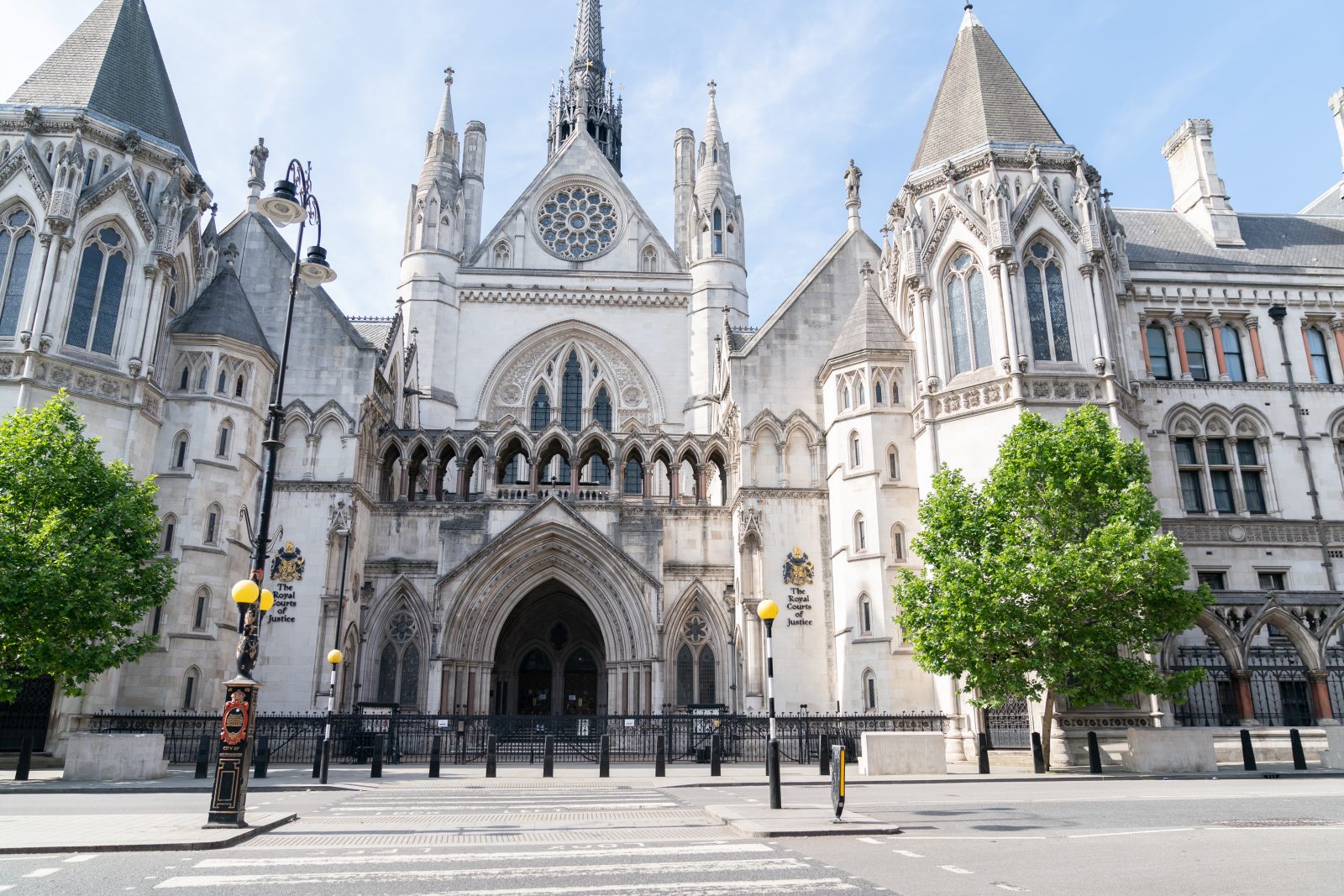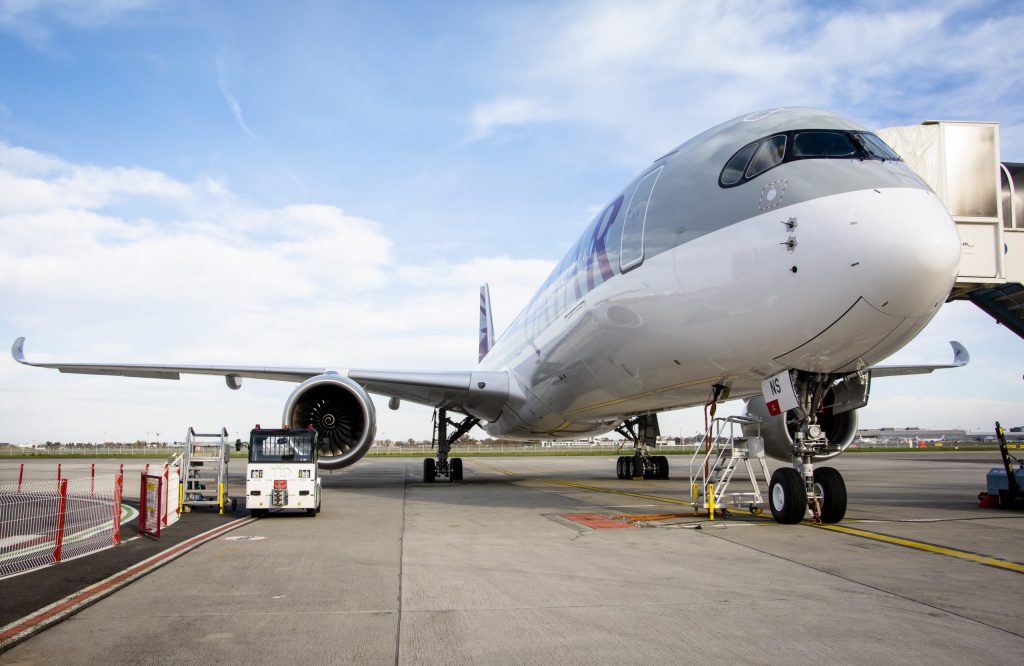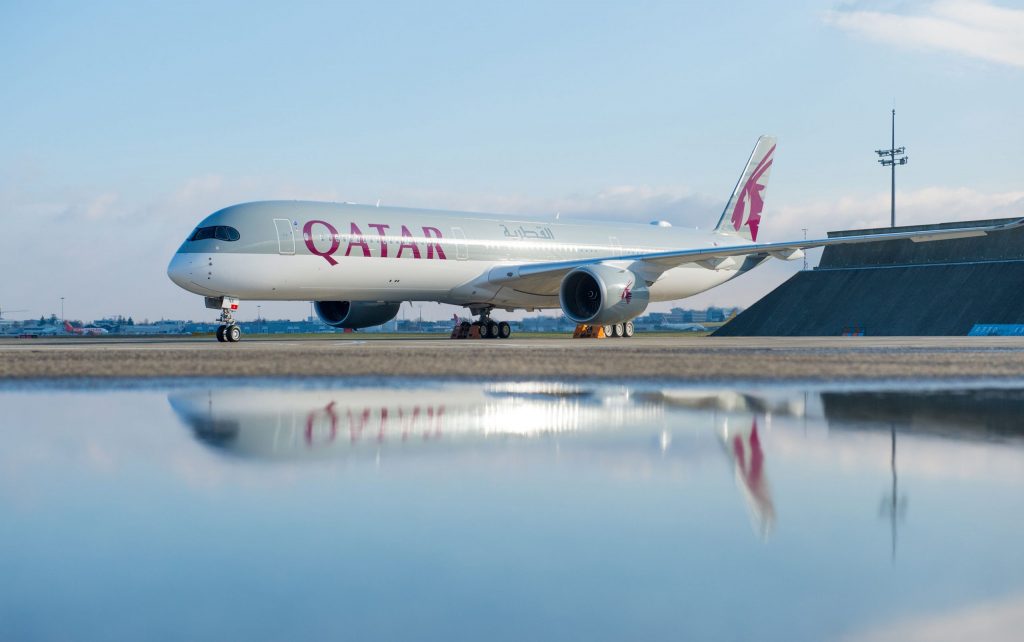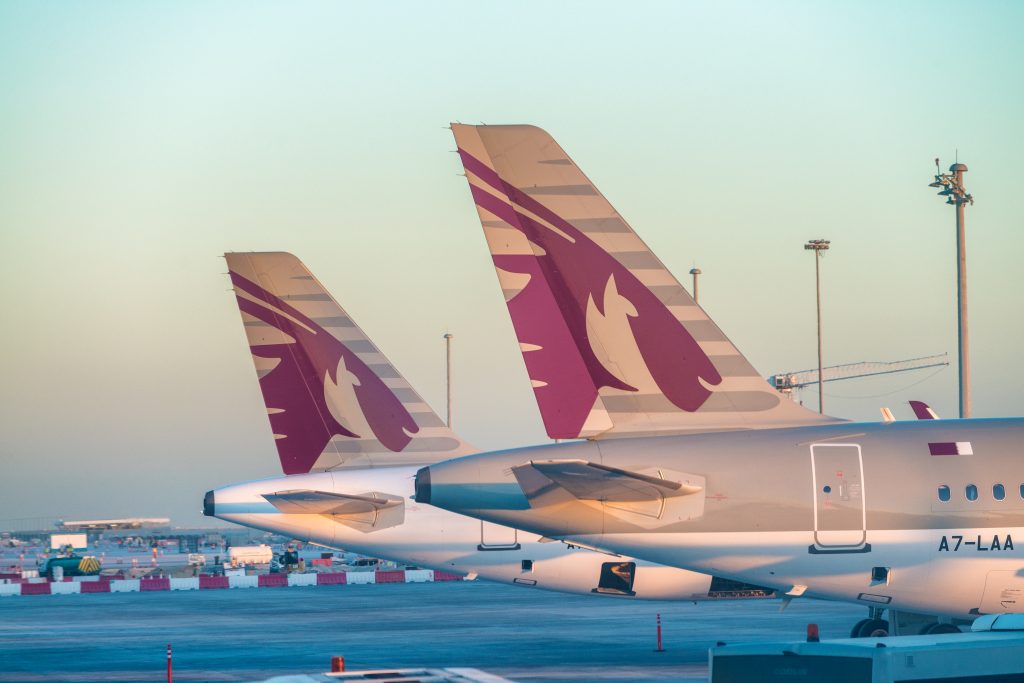
Qatar Airways and Airbus have become embroiled in yet another war of words in a dispute about the airworthiness of the European aircraft manufacturer’s state-of-the-art A350 aircraft.
On Tuesday, the Doha-based airline launched a blistering attack against Airbus accusing the aerospace giant of leaking “inaccurate information and statements” over the quality of the A350.

A spokesperson for Qatar Airways said the airline “looks forward” to a full expedited trial in London’s High Court in a potential $1 billion lawsuit over an accelerated surface degradation defect that causes paint on A350 aircraft to crack, bubble and peel away from a special layer of lightning protection.
In response, Airbus told us that it was “surprised” by Qatar Airways’ “mischaracterization” of a recent ruling by High Court judge Mr. Justice Waksman that will see the two sides go head to head at trial in June 2023.
On Tuesday, Qatar Airways published extracts of the judgement to support its case against Airbus saying that the surface degradation was not a simple cosmetic issue and that a remedy proposed by Airbus only “deals with the symptoms of the Condition, not the Condition itself.”
A spokesperson for Airbus said the manufacturer viewed the judgement very differently and slammed back: “As a simple barometer of what actually happened, the UK High Court ordered Qatar to pay 97% of Airbus’ legal costs.”
“Airbus is pleased that the matter can now proceed with all due speed to focus on the main topic of the misrepresentation by Qatar Airways of safety and airworthiness of the A350 – which we will continue to defend, as well as the reputation of its operators and the rules governing aviation safety in the face of unjustified claims.”

The surface degradation issue has been reported by several other A350 operating airlines – all of whom continue to fly the A350.
Qatar Airways has, however, grounded at least 21 aircraft in its A350 fleet over safety fears. The airline says the paint defect can expose an expanded copper foil layer which is bonded to the composite fibre fuselage. The foil layer or ECF is used to protect the aircraft from lightning strikes.
On average, aircraft are struck by lightning once per year.
Aircraft are designed to expand and contract with changes in temperature but on the Airbus A350, the ECF and composite fuselage expand at different rates, which, over time, causes the surface paint to crack, bubble and peel.
“It follows as a matter of logic that the Condition has resulted from the design of the aircraft so far as the relevant materials are concerned,” Justice Waksman wrote in his judgment.
The judge suggested that the problem was connected with the design of the aircraft and specifically the use of lighter composite materials.

“There are only two possibilities. Either the use of this relatively new form of airframe made of composite fibre reinforced polymer (instead of a metal like aluminium), combined with any kind of ECF, will inevitably cause the Condition or something like it.
“Or it is in fact possible to design and manufacture the relevant materials, staying faithful to the use of CFRP, but in a way which avoids the Condition arising in the first place.”
Judge Waksman continued: “The former possibility seems unlikely. That is at least because the Boeing 787 Dreamliner is also made of CFRP and yet such aircraft (which first entered service in 2011) seem not to have exhibited the Condition”.
Qatar Airways has, however, suffered several major blows during the court proceedings so far. As well as being forced to cover most of Airbus’ legal costs, the airline also failed to win an injunction that would stop Airbus from trying to deliver A350 that the airline has on order.
The ruling means that Airbus is free to attempt delivery and if Qatar Airways refuses to take the aircraft, default payment clauses will be triggered. Airbus will also be free to sell the aircraft to other buyers.
The High Court also previously ruled that Airbus was within its right to cancel a multi-billion-dollar by Qatar Airways for 40 A321neo aircraft. The airline has already signed a new order with Boeing for its less efficient 737MAX model.
On Tuesday, Airbus said it remained in “favour engagement and an amicable solution to resolve the dispute.”
“The continued litigation is not in the interests of either party,” a spokesperson told us in an emailed statement.
Mateusz Maszczynski honed his skills as an international flight attendant at the most prominent airline in the Middle East and has been flying ever since... most recently for a well known European airline. Matt is passionate about the aviation industry and has become an expert in passenger experience and human-centric stories. Always keeping an ear close to the ground, Matt's industry insights, analysis and news coverage is frequently relied upon by some of the biggest names in journalism.







